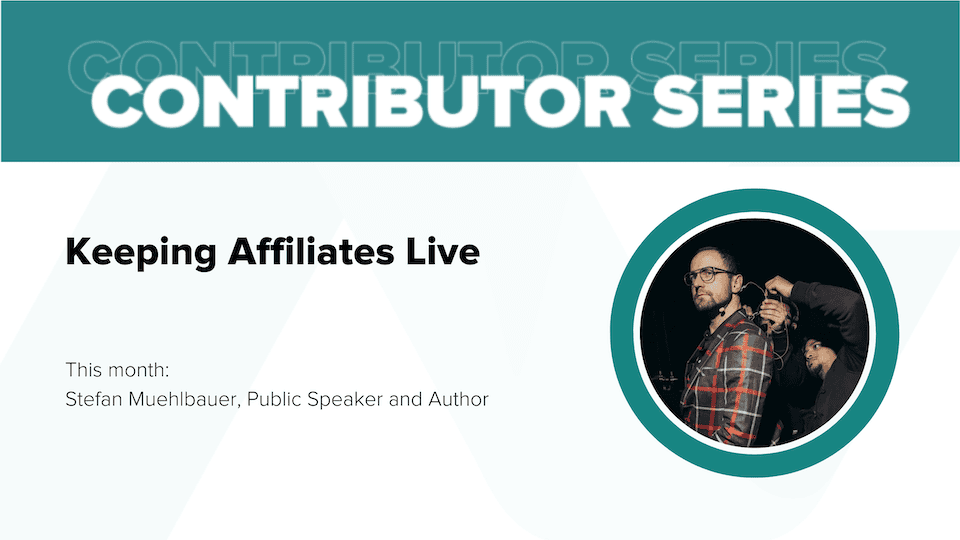Marketers don’t like controversy. This is known.
Is it though? Sure, as the fireball of controversy that is the Twitter/Musk chaos spins on, marketers are running for the hills. Big companies are “on the verge” of pulling their content and marketing campaigns from the platform. And yet, Twitter crawls on. Headlines say that marketers are “wary”, “threatening to leave”, and “skittish” and a lot have already pulled the plug. These marketers have been faced with the choice of putting their money into Twitter as usual or sending it elsewhere. Most have chosen the latter.
But should they? Is there any merit in sticking with Musk while he rides this wave? To what end? Who knows? There is talk of an impending implosion, but there are plenty of other platforms that have survived crushing controversy and lived to tell the tale. We’re looking at a few case studies to establish is marketers should run or stick it out.
Case study: Facebook’s anger prompter
The first case that backs the idea that marketers should stay where they are, is the idea that modern users are a lot more activist-focused. We’ve all become more involved over the past few years, and the place to be involved is Twitter. You can try elsewhere, but the discussion is mainly held on Twitter.
What backs this is Facebook’s attitude to keeping users, which, was the idea that “anger” (often swapped out for “hate”) was the driving force behind a lot of engagement on the platform, and Facebook aimed to stoke that fire.
And, yes, this was exposed by a whistleblower as a moral disgrace, but she proved their point. People were enraged and talked about it, where else, but on social media. Smaller brands that don’t have the presence that names like Pepsi and Cola have, can stay on the platform and enjoy a large amount of engagement going on as the Twitter fireball rages on. On one side of the political spectrum, people are “hate-watching” for the fun of it, because they love to see a billionaire fail, and the other half are getting angry that things are going so wrong and people are laughing at their idol. It’s all engagement.
Case study: YouTube’s adpocalypse
But do we have a historical moment to look at? One that might guide us in the right direction? Yes, we do. The only comparative case study that can be mentioned is YouTube’s adpocalypse, and, although YouTube survived, it serves as an ironic warning to Musk and anyone supporting his free speech ideal.
When content that stirs controversy was seen to be rife on YouTube, crossing a clear line beyond discussing controversial topics, marketers pulled their support. For a long time, YouTube was a barren wasteland of ads, that no big company wanted a part of. As a direct result, the content was cracked down upon, and creators, never having made any content that crossed this clear line, were forced to approach any political and societal topic with kid gloves. Code words or posting the term that YouTube was looking out for on the screen replaced actually saying the topic, and the discussion continued, but not clearly or as impactfully, all in order to keep the content monetized.
Ironically, in an attempt to bring “free speech” back to Twitter (except of course when it’s directed at himself), Musk may make Twitter the most overly censored platform in the world.
Case study: Twitter’s celebrity endorsements
The problem with both of these examples is that Twitter has something that both had to varying degrees but never relied on: high-profile names. Sure, Will Smith and Jack Black have a YouTube channel, but no one is going to YouTube to know what they have to say. In fact, the opposite. They’re usually met with an attitude of “How dare you step on my territory?” from fans and creators alike.
Twitter, on the other hand, has somehow made a name for itself as a sort of pseudo-news source. It’s the town square where crowds gathered to hear the mayor declare that he had a healthy lunch today, and you should too. Everyone from influencers to A-list celebrities, journalists to politicians could be found and heard.
In his quest for monetisation, Musk has destroyed a pretty solid ecosystem of information and discussion. As trolls pointed out, you can’t verify who is saying what under his reign, so no one can trust what they read.
And that’s the point: that’s what users came to the site for. Without that, you’ve just got Reddit.
Case study: Reddit’s discursive nature
Reddit is a lot like Twitter in attitude. It might use forums rather than chains, but it’s built on the idea of discussion. It’s a place to declare an opinion and have, sometimes a frankly more civil and organised, chat about the ins and outs of the topic that might or might not be a controversy. But Reddit is not the town square. It is the debate club. You don’t casually stroll through and see what you see, you go with the purpose to get into the thick of it. It doesn’t have that mainstream appeal that Twitter cultivated with the idea of passively absorbing what the highest of our society have to say.
Of course, there is a lot to consider beyond the controversy of Musk’s “free speech” philosophy, such as his management, which saw a mass resignation of the remaining staff he had after a speech declaring “hardcore mode” for the foreseeable future. Or Twitter’s stock, which has plummeted 35% since he first said he’d take over. Or the number of users lost (1.3 million) in his first week on the Twitter throne. But maybe Twitter is too big to fail?
If you are interested in more affiliate and social media marketing insights, take a look at our blog for all the latest news and advice. Or for a more personalised approach, book a free call with a member of our team.
Or, for the very best advice from industry peers, get your free tickets to gain access to our Amplify Virtual Summit. Coming in January of this year, Amplify aims to bring you the latest affiliate, performance, and partner marketing insights from across the globe. Don’t miss it.























